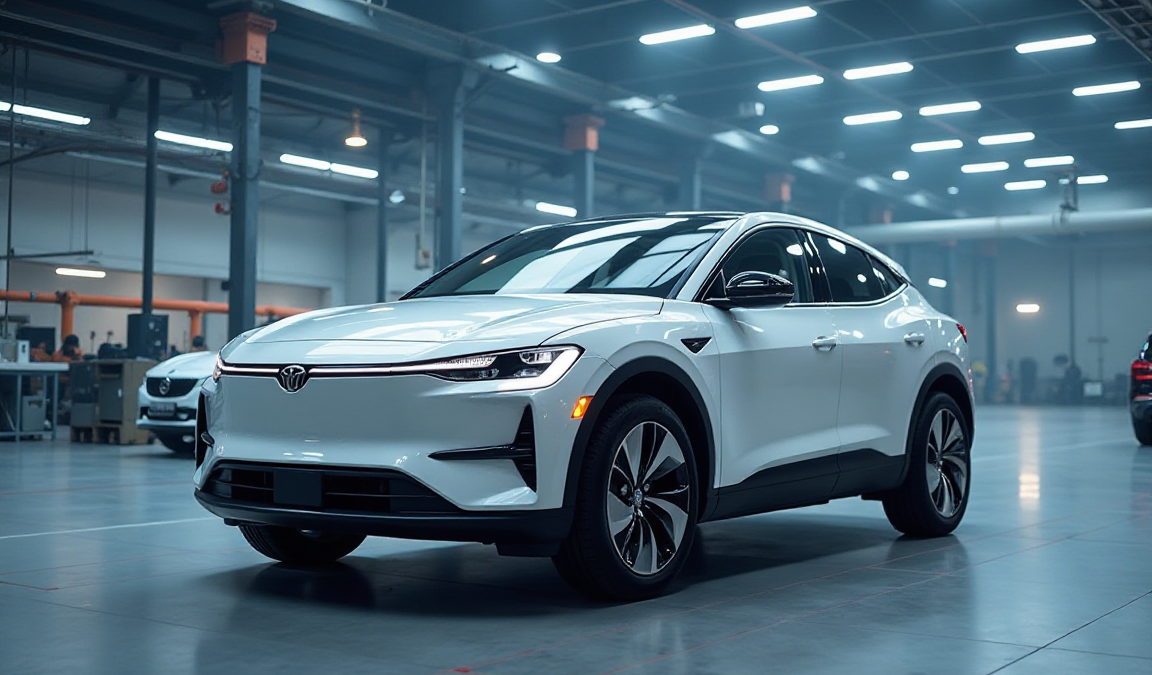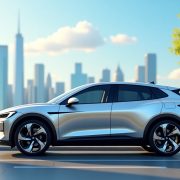Chinese electric vehicle (EV) manufacturers are intensifying their competition with Tesla and other international automakers by significantly increasing their investments in overseas factories.
A recent report from US-based consulting firm Rhodium Group, published Monday, indicates a notable shift: for the first time since data collection began in 2014, the Chinese EV supply chain invested more capital outside of China than domestically last year, CNBC said.
Overseas investment predominantly targeted battery factories, accounting for 74% of announced foreign capital. However, the report highlighted a swift increase in investments towards assembly plants abroad.
Challenges
Chinese automakers are facing severe domestic competition and increased export tariffs. Consequently, their spending plans prioritise overseas investments. This strategy aims to secure foreign government backing for market expansion.
The Rhodium report said:
Growing regulatory pushback in host markets like the EU is raising barriers to entry and will push more Chinese companies to establish local manufacturing operations.
Chinese domestic investment in electric car manufacturing experienced a sharp decline, dropping from $41 billion in 2023 to $15 billion in 2024.
This follows a peak in announced projects of over $90 billion in 2022, according to Rhodium data.
For the first time in 2024, overseas investment modestly exceeded domestic levels, although the report did not specify an exact figure.
More deals in pipeline
In the second quarter of this year, the automotive sector was the second most active for Chinese outbound investment, surpassed only by the materials and metals sector. This information comes from a Rhodium study released in late July.
“We recorded higher than usual activity by EV parts manufacturers, with eight transactions exceeding $100 million,” the July report said.
The largest among them was led by GEM, a Chinese battery materials manufacturer, which committed $293 million to expand its ternary precursors facility in Indonesia.
Operations have commenced at several overseas factory projects that were announced in recent years.
Great Wall Motor has inaugurated its first factory in Brazil, with the announcement made over the weekend.
The Chinese automaker is also reportedly contemplating the establishment of another factory in the region, with a decision expected by mid-next year.
Additionally, BYD, the Chinese electric car manufacturer, began production at its initial Brazilian factory in July, even after facing fines for labor practices earlier in the year.
By July of this year, BYD had already sold over 545,000 cars internationally, surpassing its total overseas sales of more than 417,000 vehicles for the entirety of 2024, based on CNBC’s analysis of publicly available data.
In June, Chinese battery supplier Envision commenced production at its first factory in France, following an earlier announcement this summer.
However, only completed projects are included in those investments abroad.
Completion rate
The Monday report from Rhodium indicated that only 25% of all announced overseas manufacturing projects by the Chinese electric car industry have been completed.
This is significantly lower than the 45% completion rate for domestic projects, with overseas ventures being twice as likely to be cancelled.
The report said:
Chinese firms will also have to manage Beijing’s increasing concern over technology leakage, job losses, and industrial hollowing-out, which may result in tighter controls on outbound investment in strategic sectors.
The post Tariffs and competition drive Chinese EV manufacturing beyond borders appeared first on Invezz





